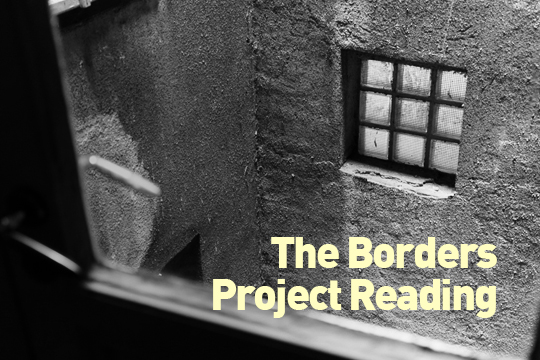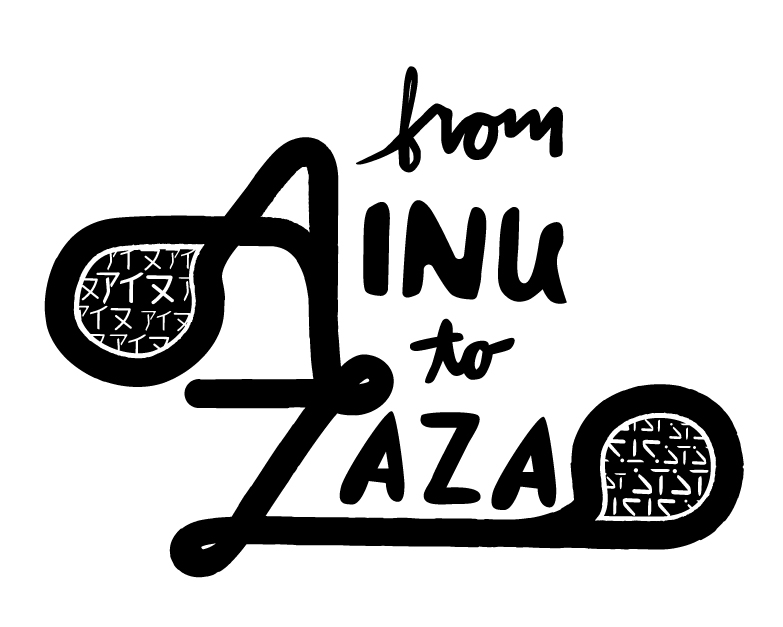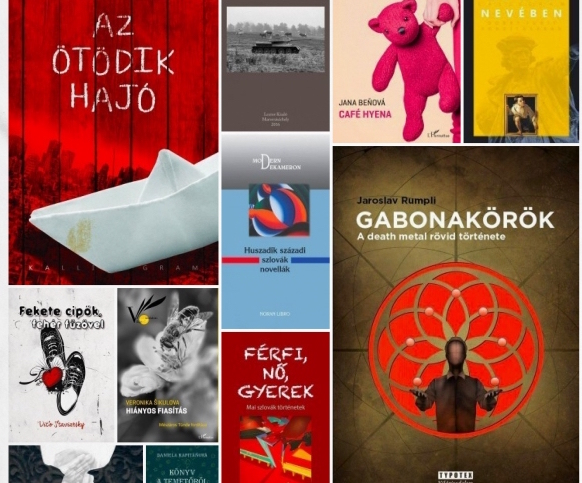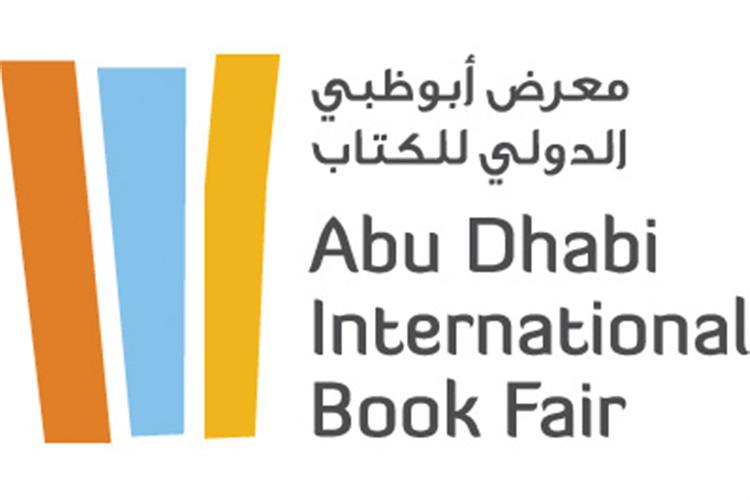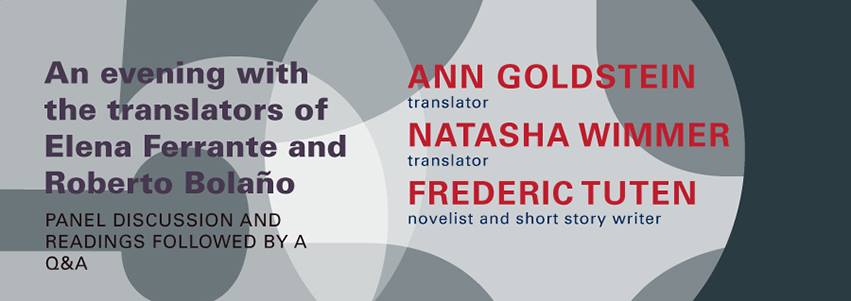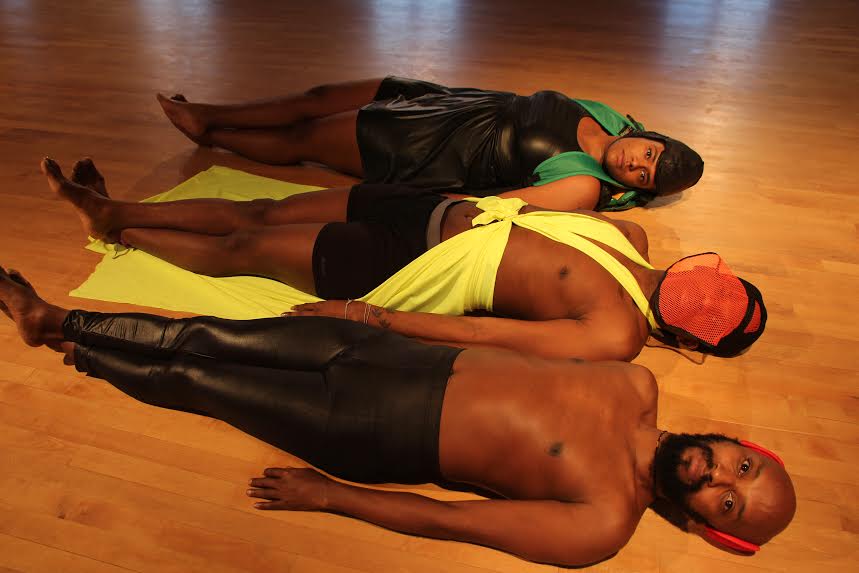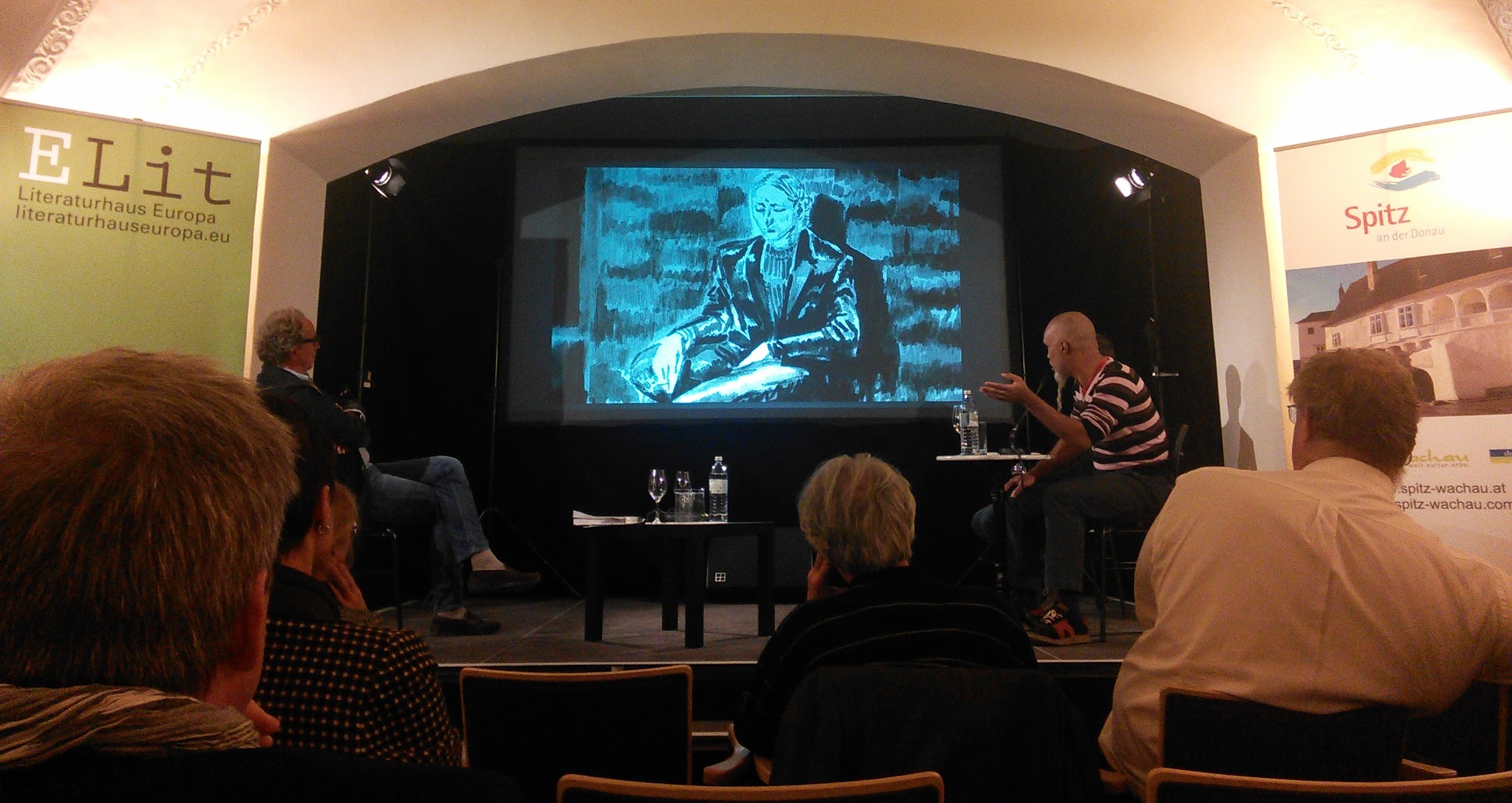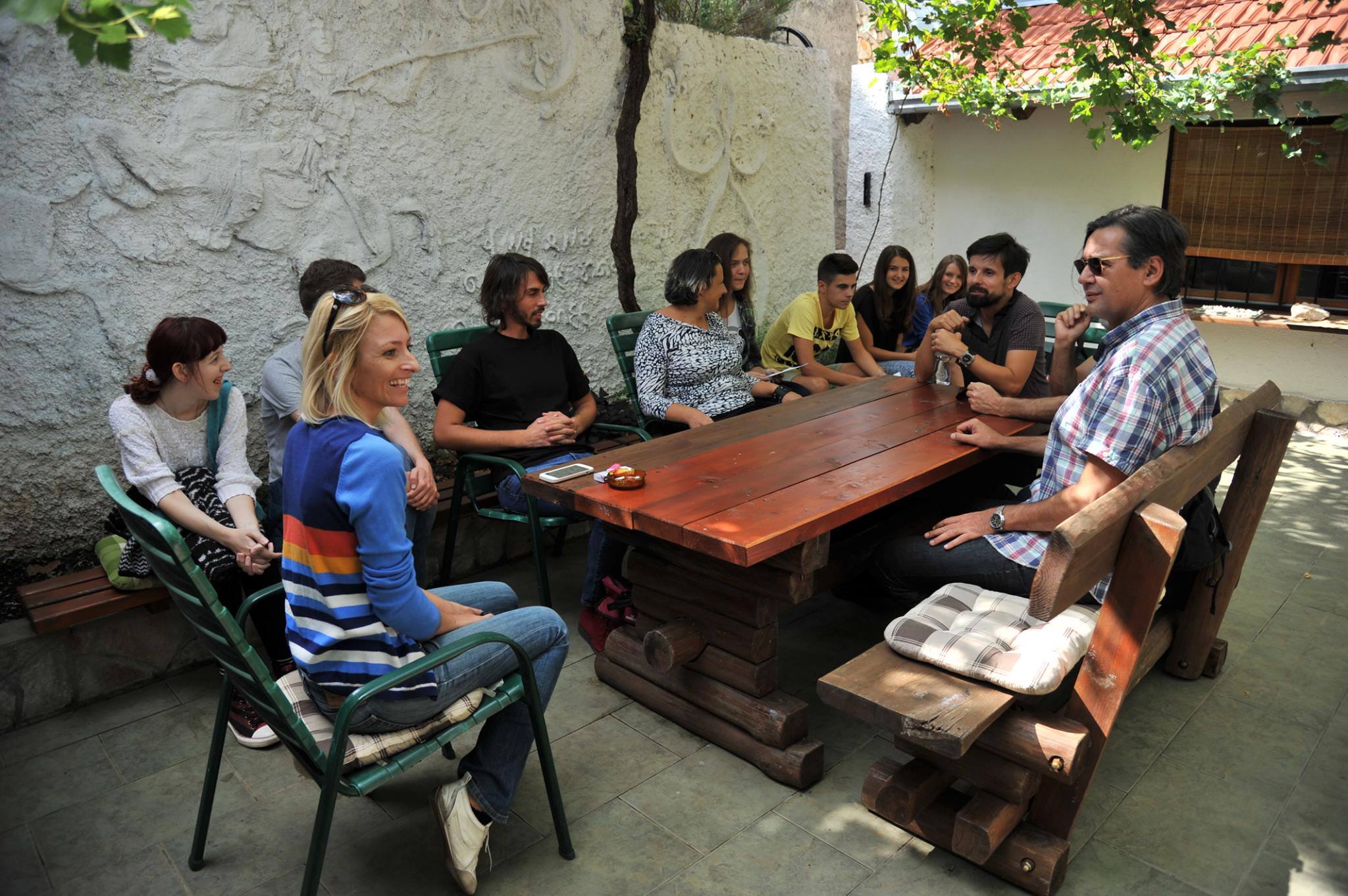The Borders Project gave its first reading in Atlanta recently. A multi-genre literary collaboration between the Sarajevo Writers’ Workshop and Atlanta’s Narrative Collective, the project aims to examine all sorts of boundary lines—physical, temporal, emotional, relational, among others—and their implications. Eighteen writers and one translator came together to create work in two languages. In this essay, Stacy Mattingly, founder and co-founder of the two constituent collectives, follows the process to the Atlanta reading.
1.
The Warhorse coffee shop at Atlanta’s Goat Farm Arts Center is a long room with a garage door on one end and a wall of bookshelves on the other. Hanging from the ceiling in front of the books is a large screen. On it is the face of a friend of mine in Sarajevo. The background is a field of stars. Selma Asotić is a head floating in outer space, reciting her English poem “The Nation.”
“You are /everything which does not love me. / You are / the curse I hide under my tongue …”
Those present are fixated on the image. Some make references in jest to Star Wars. We take photos to post online for Selma and others. Danny Davis, the Goat Farm’s technical director, stands at a ladder positioned below a projector and tells us not to worry—that starry background will definitely be gone before our event.
I am just relieved all the videos from overseas are working.
My colleagues and I are doing a run-through of our reading for The Borders Project, a literary collaboration involving two writing groups—Narrative Collective in Atlanta, Georgia, and the Sarajevo Writers’ Workshop (SWW) in Bosnia and Herzegovina. I belong to both, having launched SWW in 2012 and co-founded Narrative Collective with poet L.S. McKee in 2014.

